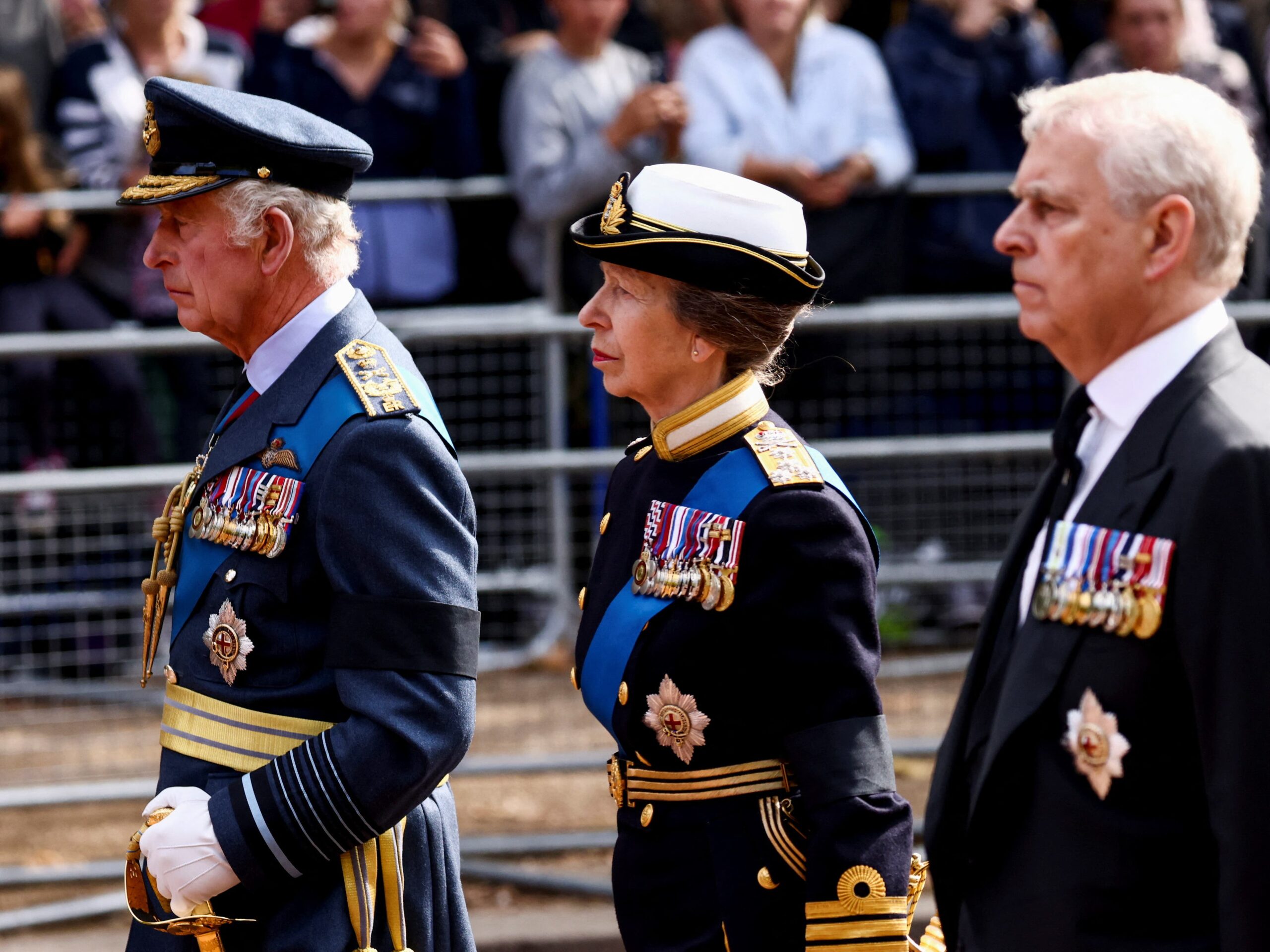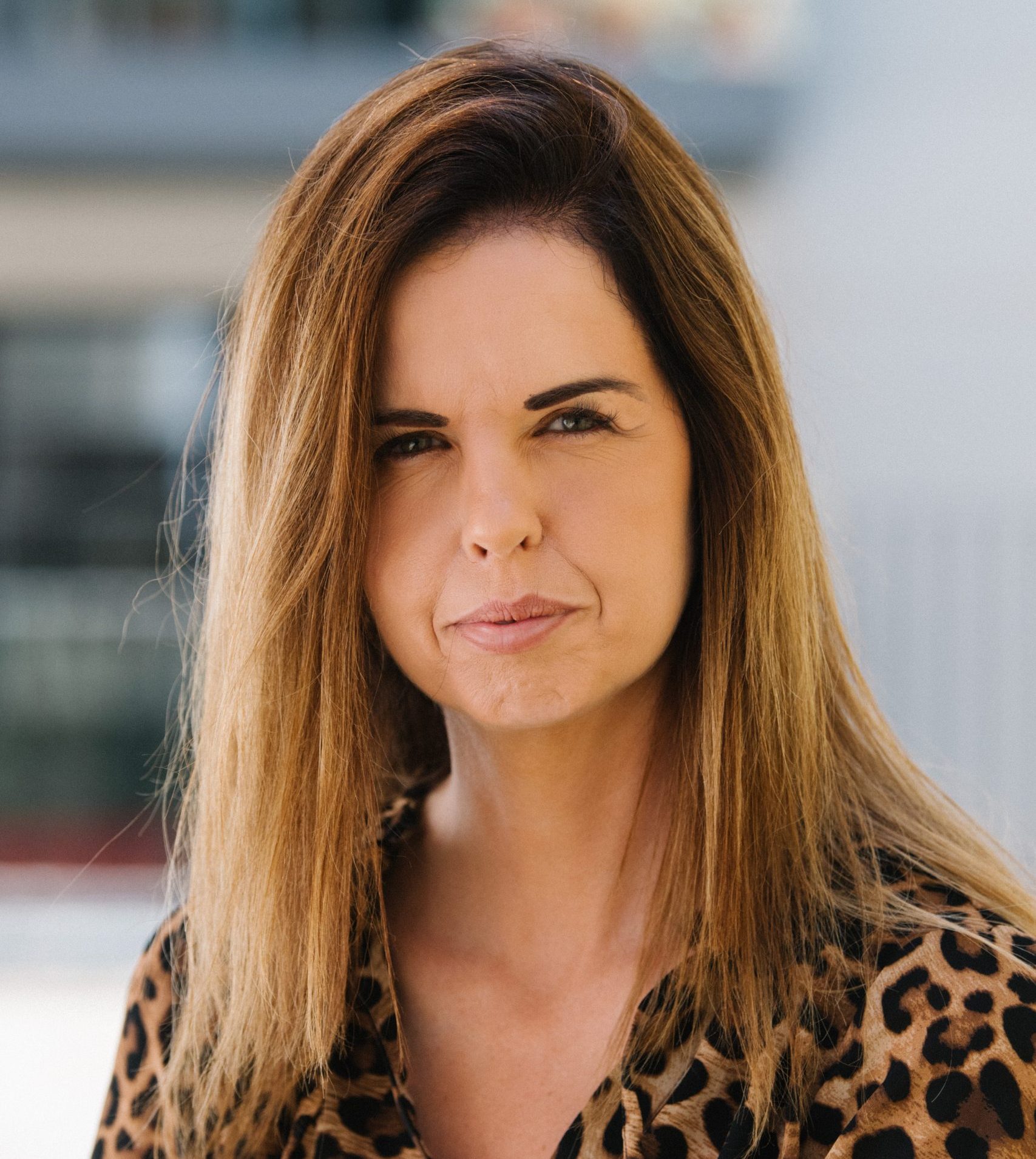Allegations have surfaced claiming that Prince Andrew Mountbatten Windsor consistently declined to endorse statements supporting survivors of abuse. These claims were made by a close friend of the Duke of York, who provided insights into Andrew’s actions during a recent interview.
According to the friend, who spoke on the condition of anonymity, this refusal to support abuse survivors occurred over a significant period. The friend asserted that Andrew’s actions reflect a broader pattern of behavior that has come under scrutiny, particularly given the ongoing discussions surrounding accountability and support for victims of abuse.
Context of the Allegations
The allegations come at a time when public interest in the treatment of abuse survivors is heightened. Various organizations and advocacy groups have been calling for greater support and recognition of the struggles faced by these individuals. The claims against Andrew add to a series of controversies that have surrounded him in recent years, particularly following his association with convicted sex offender Jeffrey Epstein.
This latest revelation raises questions not only about Andrew’s personal views but also about the royal family’s overall stance on issues related to abuse and victim support. The friend emphasized that Andrew’s reluctance to sign off on supportive statements could indicate a disconnect between the royal family and contemporary societal values regarding abuse.
Potential Impact on Public Perception
As these allegations gain traction, the potential impact on Prince Andrew’s public image could be significant. The royal family has historically maintained a careful approach to issues of public concern, often opting to remain neutral. However, in a climate where accountability and advocacy for survivors are increasingly prioritized, the failure to support such statements may lead to further criticism.
Public opinion has already been influenced by Andrew’s previous legal troubles and the fallout from his association with Epstein. Analysts suggest that this new development could exacerbate existing negative perceptions of the prince, particularly among those advocating for abuse survivors and seeking justice.
While the royal family has yet to publicly respond to these claims, the situation reflects a growing expectation for transparency and accountability, especially from public figures. As the conversation around abuse and survivor support continues to evolve, the actions of influential individuals like Andrew will likely remain under scrutiny.
The unfolding nature of these allegations serves as a reminder of the complexities involved in addressing historical abuses and the roles that high-profile individuals play in shaping public discourse on such critical issues.







